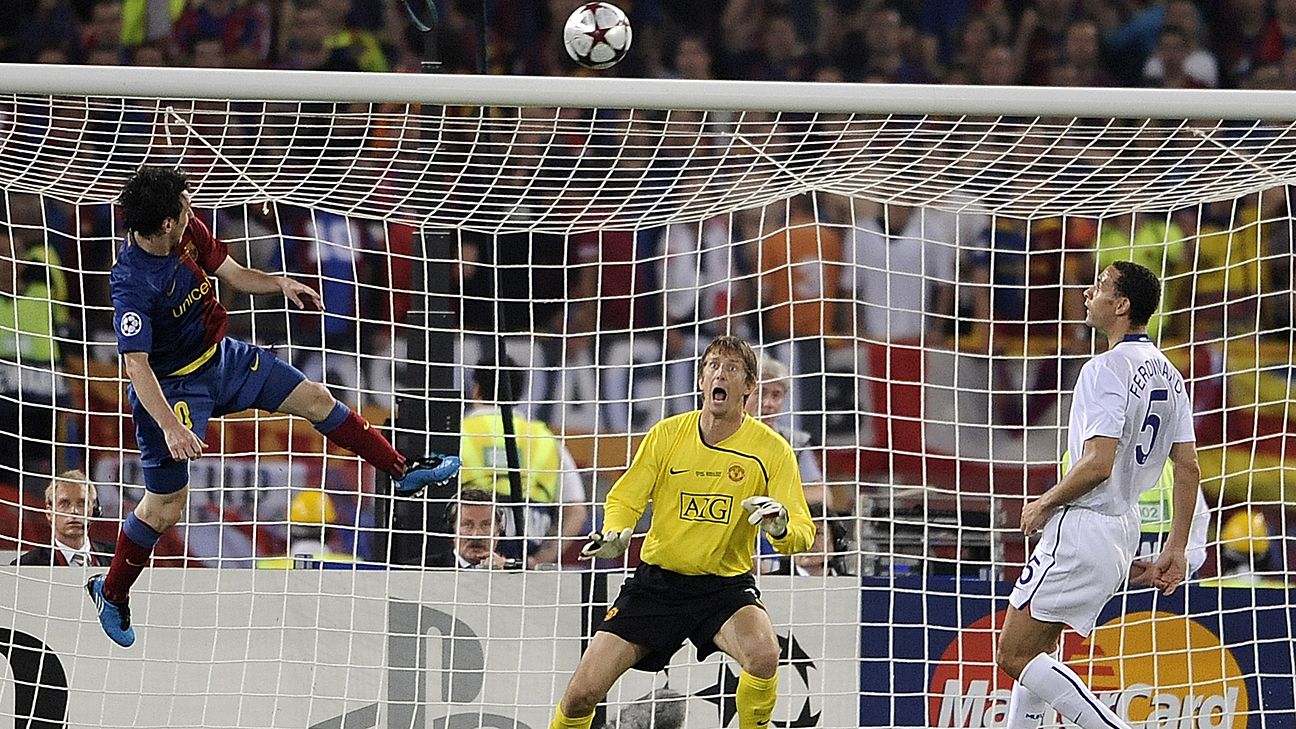By
BBC Sport senior journalist
Meldonium is a medication which has been banned by the World Anti-Doping Agency (Wada) since 2016.
The substance was developed in Latvia in 1970 and is used in Eastern European countries to treat cardiac conditions which restrict blood flow around the body.
It cannot be prescribed or purchased in the United Kingdom, but importing it for individual use is not illegal.
The use of meldonium allows blood to be moved more quickly, increasing the body's capacity to carry oxygen. The cardiac benefit, therefore, can in theory lead to better stamina, greater endurance, and increased overall performance for an athlete.
A study, external published in 2015 found that meldonium "demonstrates an increase in endurance performance of athletes, improved rehabilitation after exercise, protection against stress, and enhanced activations of central nervous system functions".
Wada implemented the ban on the use of meldonium by athletes due to mounting evidence that sportspeople around the world were using it to enhance their performance.
A 2015 investigation by Wada at a testing centre in Cologne found that 182 of 8,320 random urine samples gave positive results for the drug - a rate of 2.2%.
Tests at the 2015 European Games in Baku found that 13 medallists were taking the substance at the time.
Wimbledon champion Maria Sharapova failed a drugs test in March 2016 after meldonium was detected in her sample. The Russian claimed she had been taking the substance for a decade to help with health issues and had not noticed that it had been added to Wada's banned list. She was banned for 15 months.
After Sharapova's positive result was announced, Sheffield Hallam University lecturer in forensic science Dr Tom Bassindale told BBC Sport: "[Meldonium] is advertised as giving a mental focus, removing external stress so you feel sharper. There is a slight central nervous system effect, like with stimulants such as caffeine, which gives you a sharper edge.
"It will aid recovery quicker from a hard effort, whether that's playing multiple games of tennis or a cyclist coming back the next day for another stage. There is also an endurance effect."
What has happened with Mykhailo Mudryk?
 Image source, Getty Images
Image source, Getty Images
Mykhailo Mudryk hasn't played for Chelsea since November 2024
The Football Association have charged Chelsea winger Mykhailo Mudryk with a doping offence after he failed a drugs test last year.
Mudryk was provisionally suspended in December while he and Chelsea waited for the results of a B sample, and the FA have now confirmed that he has been charged.
The Ukrainian's absence for five Chelsea matches was explained as illness by the club, who later confirmed that an "adverse finding in a routine urine test" was reported to them by the FA.
Mudryk has now not played a match for either Chelsea or Ukraine since November 2024.
The 24-year-old claims that the positive result "has come as a complete shock" and insists he has "never knowingly used any banned substances or broken any rules".
What other cases of meldonium use have there been in recent years?
Other athletes who have tested positive for meldonium since its addition to the banned list include ice dancer Ekaterina Bobrova, professional boxer Alexander Povetkin, and cyclist Eduard Vorganov, all from Russia.
Ukrainian athletes found to have used meldonium include heptathlete Anastasiya Mokhnyuk and canoeist Oleksandr Senkevych.
Elsewhere, Ethiopian-Swedish middle-distance runner Abeba Aregawi, Italian steeplechase runner Ahmed Abdelwahed and Irish gaelic footballer Ray Walker are among those who have tested positive.
There were 70 positive tests for meldonium worldwide in 2022 according to Wada's most recently published figures, external - indicating that abuse of meldonium has dropped off significantly since the ban was introduced.
This article is the latest from BBC Sport's Ask Me Anything team.
What is Ask Me Anything?
We want to reward your time by telling you things you do not know and reminding you of things you do.
The team will find out everything you need to know and be able to call upon a network of contacts including our experts and pundits.
We will be answering your questions from the heart of the BBC Sport newsroom, and going behind the scenes at some of the world's biggest sporting events.
Our coverage will span the BBC Sport website, app, social media and YouTube accounts, plus BBC TV and radio.

 3 hours ago
4
3 hours ago
4

















































